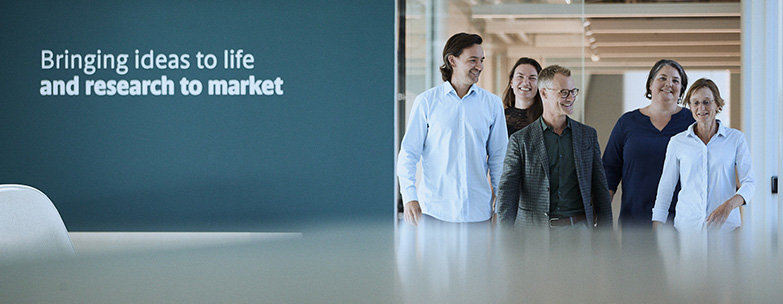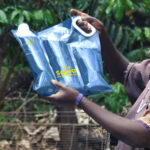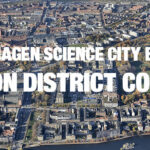First 100 million DKK pumped into Copenhagen Science City life science start-ups
Danish universities produce world-class life science research. This ought to results in business unicorns. Now it may. Over the last year the BioInnovation Institute has spent 100 million Danish Kroner (13 mio €) in the hope of helping more inventions leave the lab and enter the clinic. A majority of this funding has gone to businesses based on research undertaken by Copenhagen Science City-partners.
42 companies boosted by BII
BioInnovation Institute is a Copenhagen Science City-based discovery, incubation and acceleration programme within life science, founded and funded by the Novo Nordisk Foundation, for the benefit of society. It opened its doors in November 2018. Since then the BII has assisted 42 fledgling companies. Some with Proof of Concept funding, some with validation of their commercial potential in the Business Acceleration Academy (BAA), and some to go even further.
High local success rate
The bulk of the funding has gone to the BII “Creation House” which is a project maturation programme tailored to attract funding. At the time of writing, the Creation House has invited nine start-ups to join the programme. Each of the nine have received a so-called “Founder friendly loan” of up to ten million DKK. Of these nine, six spring from research carried out at University of Copenhagen and the University Hospital Rigshospitalet: These two are main academic partners in the Copenhagen Science City innovation district.
Wide range of invention
The nine start-ups in the incubation programme cover a wide assortment of applications. From novel contraceptives and medication against degenerative eye disorder, against diabetes and a remedy to prevent rejection of transplanted organs to no less than four potential new cures for cancer. Learn more about the start-ups here…
Easing the commercialisation climb
Developing med-tech and new medications is a steep uphill climb for a company of any size. For a start-up, it is even more daunting, and for a researcher who has spent his or her adult life in a university laboratory, the task can seem insurmountable. BioInnovation Institute has built Creation House in order to ease the climb. The programme provides funding for up to 18 months. The outcome should be a medicotech prototype or a viable candidate for a pharmaceutical product.
Help is a many splendored thing
Apart from the funding, the BioInnovation Institute also provides office and lab space, an instant network, contact to and pitching in front of international investors and a lot of inspiration. The physical facilities are located in COBIS, one of the seven start-up communities in Copenhagen Science City. The network evolves automatically because the companies involved are all obliged to share the same open-plan office and lab-space and the inspiration takes the form of mentoring by experts and frequent talks by stars from the international technical, scientific and commercial communities.
The BioInnovation Institute consists of
- 375 square meters of GMO 1 classified general lab
- 150 square meters of GMO 1 classified special labs; DNA/RNA lab, microscope lab, cell labs, 1 GMO 2 lab
- 60 square meters of workshops
- 800 square meters of open office space, meeting spaces, quiet rooms, video conference booths and an event-space known locally as ‘the Square’.




